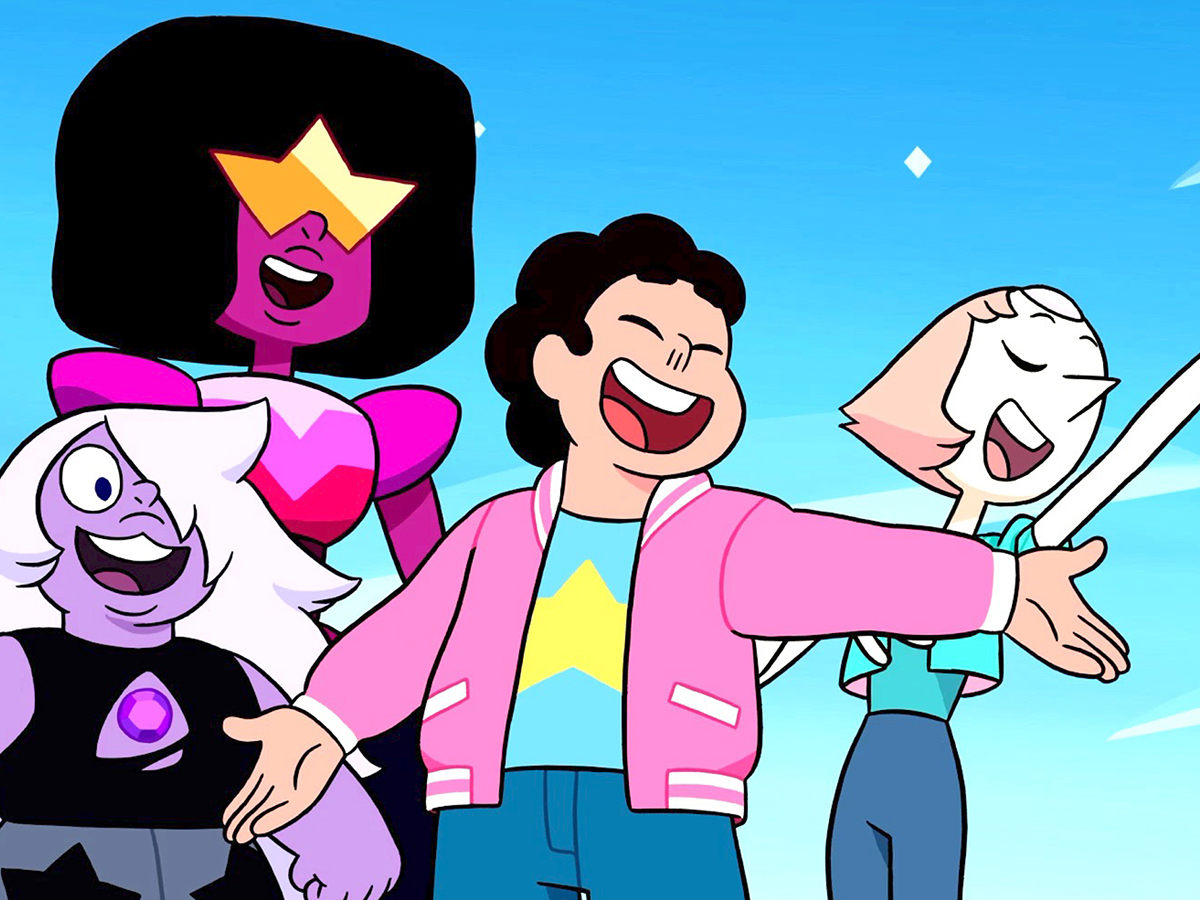
Melanie Gillman, an American cartoonist, shared their secrets to success within the comic book industry in an event presented by Stonewall Hall and the LGBT Resource Center. Gilllman is the creator of “As the Crow Flies,” winner of the 2018 Stonewall Honor Award, and “Stage Dreams.” They’ve also worked on comics for popular brands, such as “Care Bears” and “Steven Universe,” and they are a senior lecturer in the Comics Master of Fine Arts Program at the California College of the Arts.
At the start of the event, it was announced that the LGBT Resource Center would be mailing everyone who attended free copies of “Nonbinary,” a minicomic created by Gillman that discusses the process of coming out and living as a nonbinary person. Gillman started the meeting by interacting with viewers and asking them what comics they are currently interested in. Many people called attention to queer graphic novels such as “Kiss Number 8” by Colleen A.F. Venable and “The Prince and the Dressmaker” by Jen Wang. I recommended some of my favorite webcomics, such as “Heartstopper” by Alice Oserman, “Temperature of Love” by NWarrior and “Miracle Simulator” by Misersdream.
Throughout the event, Gillman shared a few PowerPoint slides to help tell the story of their experiences working on comics. At a young age, Gillman was fascinated by comics and graphic novels but saw that there was a lack of queer representation being produced by the bigger comic book companies. Gillman claimed, “The vast majority of comics that would’ve been available for me as a young person weren’t really up my alley.”
The popularization of webcomics revolutionized the comic industry for aspiring artists. Having an online platform has made it easier for creators to share their work to a large audience without facing the gatekeeping issues that surround publishing companies. As a result, more queer people have taken to posting queer comics online. According to Gillman, “there was a level of realism and honesty” that accompanied these webcomics that depicted self-representation. Gillman stated that comics are “one of the most direct ways to see through another person’s eyes” because it allows people to see someone else’s direct translation of the world. Having queer people share their stories can help educate others on the LGBT experience and help break harmful stereotypes.
At the end of the presentation, Gillman turned to the aspiring artists in the crowd to share some tips on pursuing self-publishing opportunities and remaining persistent about creating works that they’re passionate about. Gillman cautioned that being a comic artist isn’t always an easy or reliable job. In their experience, they had to take some freelance projects and balance a few steadier jobs in order to create the projects they were passionate about. During the Q&A portion, Evelyn Everheart questioned Gillman on what to do when the passion for a project has simmered away. Gillman revealed that burnout was a common thing for creators to feel. They suggested taking time away from the comic and returning to it at a later time with a fresh pair of eyes.
The event concluded with a drawing exercise where Gillman challenged the audience to brainstorm ideas for a comic that portrays queer joy and/or gender euphoria. There was no time to share any of the comic ideas from this exercise, but it was a creative way to involve the audience and encourage them to create a story they’d enjoy. Overall, this event cast a light on the ups and downs of the comic book industry and the value of seeing more queer representation by queer creators. If you’re interested in more events hosted by the LGBT Resource Center, be sure to check out their social media pages for updates.







